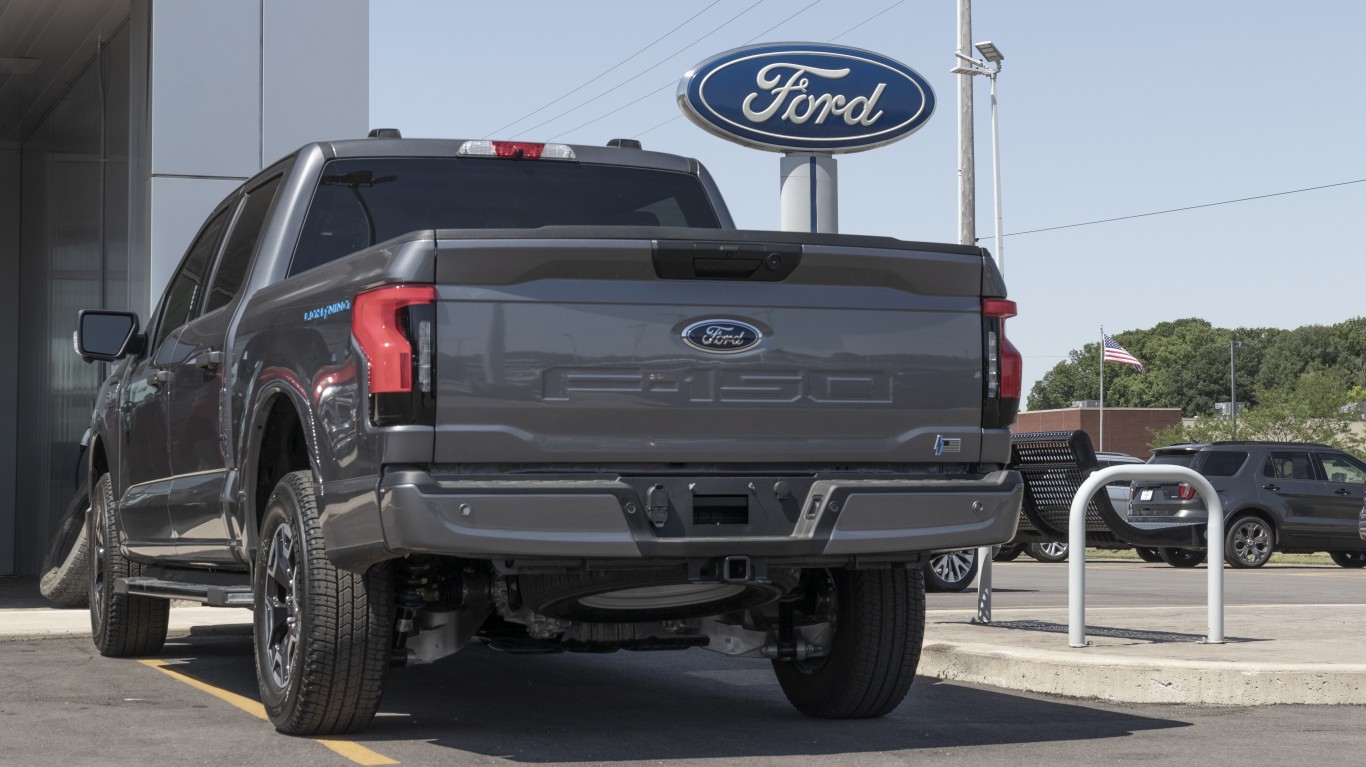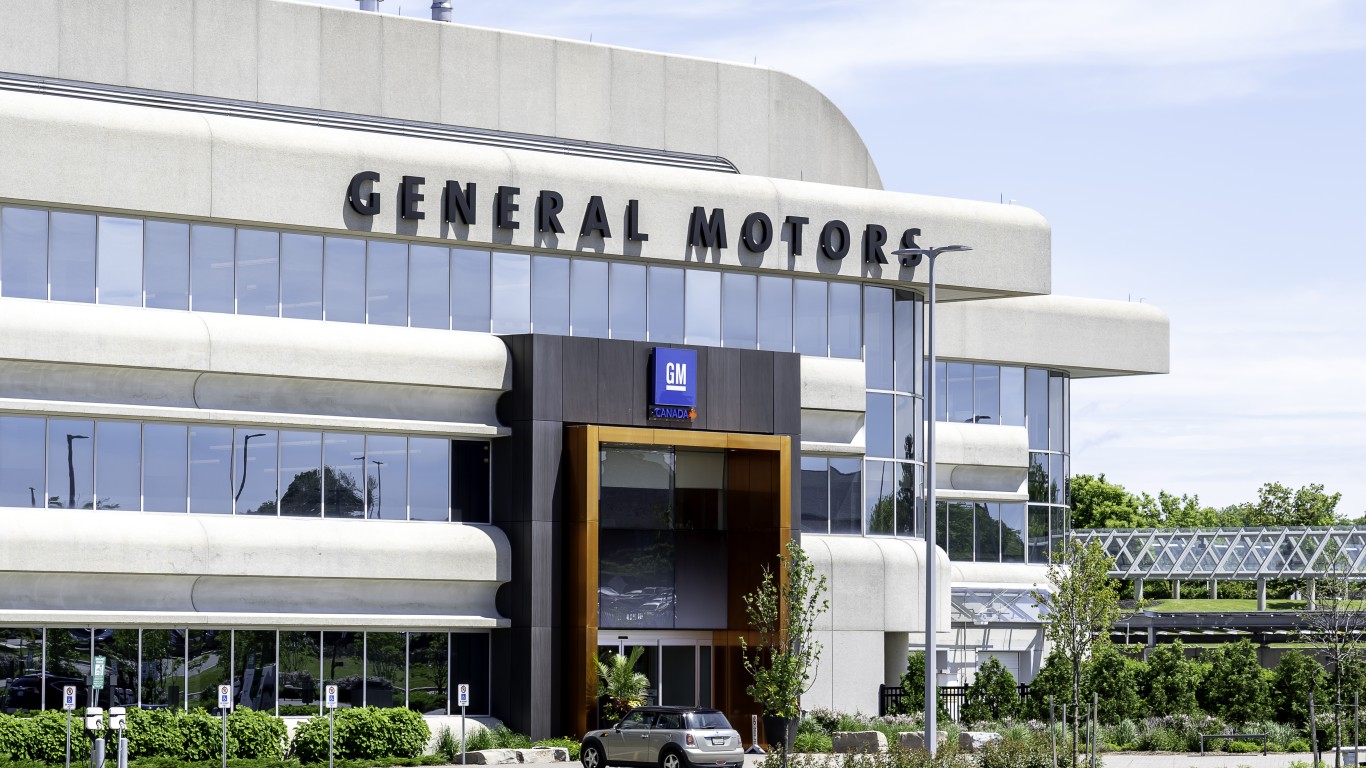
Blockchain is not just a flashy trend that flew in with bitcoin. Thought to be only for finance, now the technology is being implemented into a new platform. Four of the largest auto manufacturers in the world are now part of a group working to bring blockchain to cars.
BMW, Ford Motor Co. (NYSE: F), Renault and General Motors Co. (NYSE: GM) are among the 30 companies in the Mobility Open Blockchain Initiative (MOBI). The goal of MOBI is to accelerate the adoption of blockchain and to ensure the industry is on the same page with use cases ranging from autonomous payments to ride-sharing.
MOBI is actively working with companies accounting for over 70% of global vehicle production in terms of market share. MOBI and its partners are seeking to foster an ecosystem where businesses and consumers have security and sovereignty over their driving data, manage ride-share and car-share transactions, and store vehicle identity and usage information.
Chris Ballinger, former chief financial officer and director of Mobility Services at Toyota Research Institute, is joining MOBI as board chair and chief executive to coordinate this initiative and create a more open platform where users, owners, mobility service companies and infrastructure providers can better control and monetize their assets, including their data. Ballinger commented:
Blockchain and related trust enhancing technologies are poised to redefine the automotive industry and how consumers purchase, insure and use vehicles. By bringing together automakers, suppliers, startups, and government agencies, we can accelerate adoption for the benefit of businesses, consumers and communities.
Other major players have been pushing their tech into cars as well. Amazon.com, Inc. (NASDAQ: AMZN), Apple Inc. (NASDAQ: AAPL), Alphabet Inc. (NASDAQ: GOOGL) and Microsoft Corp. (NASDAQ: MSFT) already are making the move into connected cars with their smart assistants.
Initially, MOBI will be working with its partners on projects related to:
- Vehicle identity, history and data tracking
- Supply chain tracking, transparency, and efficiency
- Autonomous machine and vehicle payments
- Secure mobility ecosystem commerce
- Data markets for autonomous and human driving
- Car sharing and ride hailing
- Usage-based mobility pricing and payments for vehicles, insurance, energy, congestion, pollution, infrastructure
There is still more to be seen with what applications blockchain can have in autos, and even what platform blockchain could potentially expand to next.
100 Million Americans Are Missing This Crucial Retirement Tool
The thought of burdening your family with a financial disaster is most Americans’ nightmare. However, recent studies show that over 100 million Americans still don’t have proper life insurance in the event they pass away.
Life insurance can bring peace of mind – ensuring your loved ones are safeguarded against unforeseen expenses and debts. With premiums often lower than expected and a variety of plans tailored to different life stages and health conditions, securing a policy is more accessible than ever.
A quick, no-obligation quote can provide valuable insight into what’s available and what might best suit your family’s needs. Life insurance is a simple step you can take today to help secure peace of mind for your loved ones tomorrow.
Click here to learn how to get a quote in just a few minutes.
Thank you for reading! Have some feedback for us?
Contact the 24/7 Wall St. editorial team.



